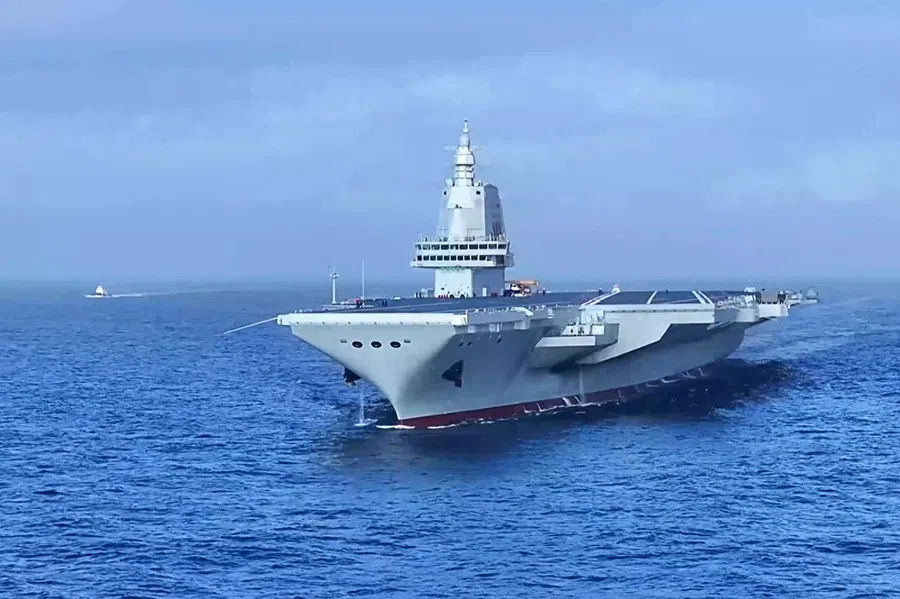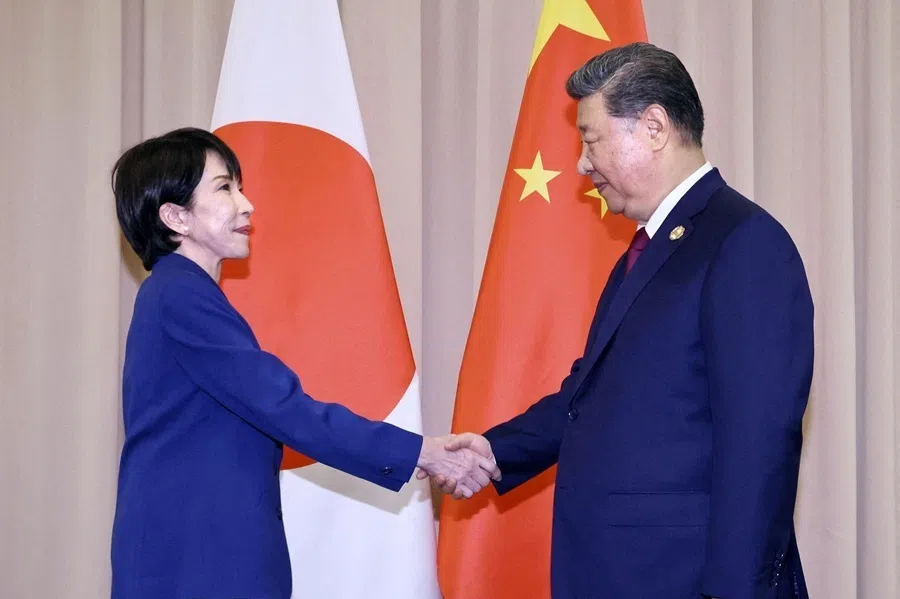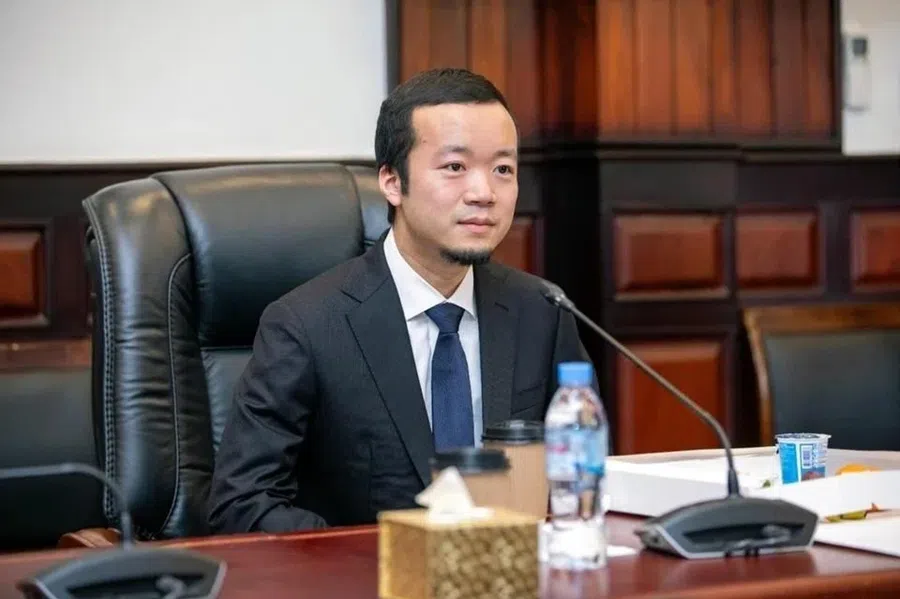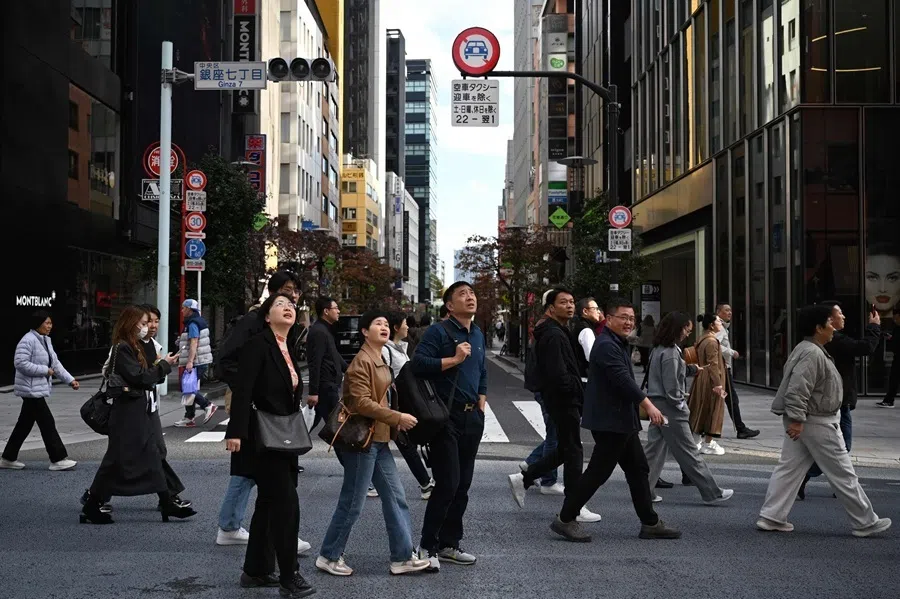The EU and ASEAN should join hands in cajoling China and the US towards peace
The EU and ASEAN are supporters of a rules-based global system, says Joergen Oerstroem Moeller. As such, they can use their collective weight to persuade Washington and Beijing to focus less on their bilateral tensions and more on solving contemporary problems.
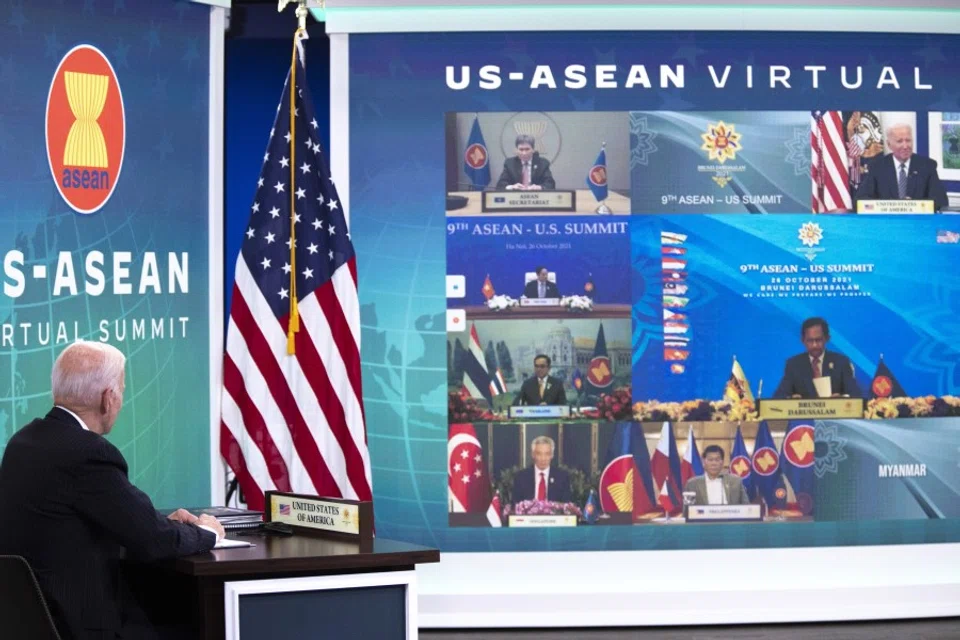
For a while now, China and the US have been going hammer and tongs on issues such as trade, technology and security, while the rest of the world has looked on in despair. Perhaps it is time for the EU and ASEAN to cajole the two major powers to focus less on their bilateral antagonism, and more on the need to manage the pressing issues of our time, such as climate change and the Covid-19 pandemic.
There is a valid basis for such an argument. For decades, the EU and ASEAN built a solid relationship anchored in a shared wish for global peace, stability and prosperity. Both have been steadfast supporters of a rules-based global system. And not without reasons. Both have prospered by the existence of such a system and lend support to great powers assuming responsibility for running the system.
The Trump administration's disengagement from the institutionalised global system was watched with much uneasiness. It engendered anxiety that the intention was to hammer the message home that the system could not function without the US. The withdrawal from the Trans-Pacific Partnership (TPP) was met in Asia with bewilderment accompanied by the hope of a reversal after Trump. Among EU countries, the spectre of a possible termination in America's participation in the defence of Europe provoked disbelief.
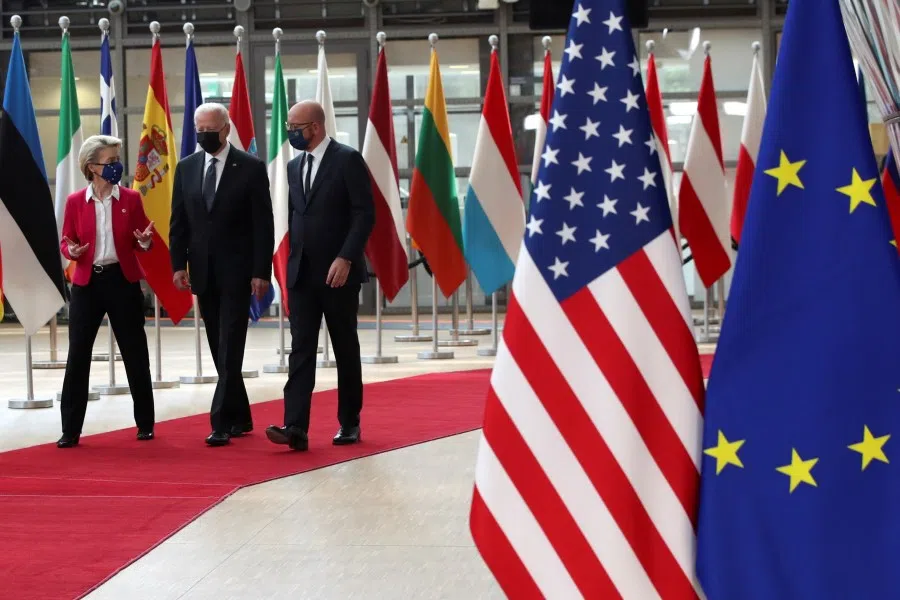
The seemingly inexorable more assertive posture of China was regarded by the EU and ASEAN as an unknown and indecipherable phenomenon in the global power game. For ASEAN this took place in its neighbourhood and in some cases engineered adversarial relationships between one or more ASEAN countries and China. Sometimes it gave birth to disagreement among ASEAN members. For the EU it was a question of economic competition and disquietude about China's long-term intentions occasionally, fomented by hand-picking of some member states or a group of member states.
Until recently the odds were not so bad that the US and China would act in conformity with the letter and spirit of institutionalised economic globalisation. This is no longer so. Over the last couple of years, this benign scenario has gradually been replaced by the risk of disagreement growing into confrontation, even conflict. Unfortunately, the background for this sad state of affairs and the need to replace antagonism with amicable solutions are not attracting much attention. The Thucydides Trap - whereby an upstart power is pre-empted by a status quo power - dominates the debate and is invoked in the US-China standoff even if questionable.
The US is in relative decline, but still, by far, the strongest power. China is not an unstoppable rising power. It faces severe domestic challenges. It cannot feed its own population without importing vast amounts of food. A fifth of the global population resides in China, but the country only has 6% of the world's potable water supply. China is a net importer of energy, and with declining fertility rates, its demography in the coming decades is not looking good.
The large majority of other countries do not wish to take sides and even less be drawn into a conflict. They just want to go on with their daily business.
The philosopher Santayana is widely quoted saying, "Those who do not remember the past are condemned to repeat it". Maybe the time has come to mind another of his quotes: "A man's feet should be planted in his country, but his eyes should survey the world."
Who is better placed to do so than EU and ASEAN?
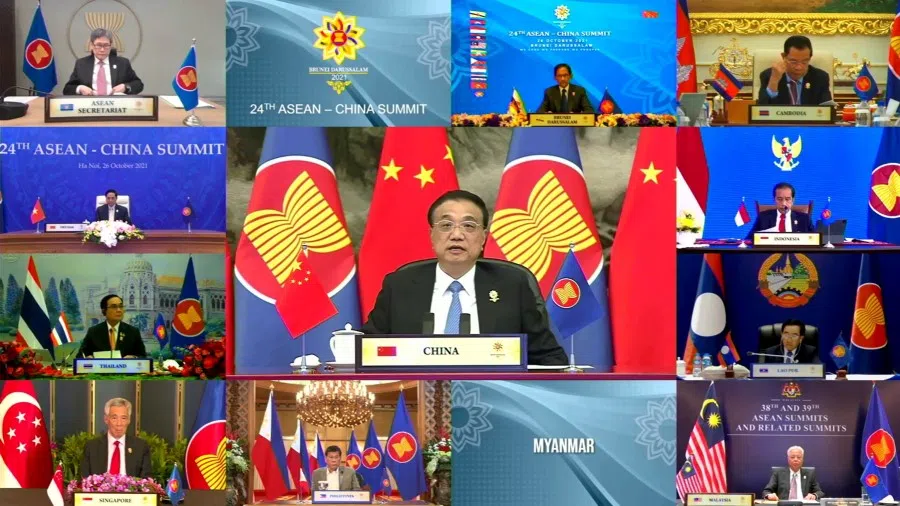
Somebody has to tell the Americans and the Chinese that the rest of the world is not interested in a conflict. The large majority of other countries do not wish to take sides and even less be drawn into a conflict. They just want to go on with their daily business. And they want the US and China in conjunction with "the rest" of the world to forge a global system designed to deliver peace and prosperity. It is not about whether China is bellicose. Nor whether it is legitimate for the US to contain China. It is about prodding the two juggernauts to work together, allowing the world to progress on a path of higher living standards, trade with each other and benefit from international investments. It should be in their interest; the risk is that they may be carried away with, maybe even believing, their own rhetoric.
Chances are that the rest of the world would gladly lend support to such an initiative. Very few nation-states want to be a pawn in a conflict that is not theirs and not touching their vital interest.
The global agenda is full of crucial issues for the survival of mankind. Climate change has grown to become an existential threat, but so far, there has been a lot of good intentions, but worryingly few actions. The need for recycling of waste in view of resource scarcity is becoming even more pressing. Covid-19 has cost the lives of close to five million people, thrown the global economy into disorientation and is now threatening the global supply chain. There are gnawing fears about the world's biggest digital companies, American or Chinese, and how they will use their power. Many other issues call for and desperately need attention.
The great German Chancellor, Otto von Bismarck (1815-1898) once said: "The statesman's task is to hear God's footsteps marching through history, and to try and catch on to His coattails as He marches past." The EU and ASEAN should join hands and grasp the opportunity to turn the two antagonists away from their fixation on one another, and cajole them to face the global challenges threatening our civilisation.
This article was first published by ISEAS - Yusof Ishak Institute as a Fulcrum commentary.
Related: Beyond ASEAN: More 'no-superpower coalitions' needed as US-China rivalry upsets global interests | Indian academic: The Quad and ASEAN can find solutions together | China-EU investment deal can bolster the world's post-pandemic recovery | Chinese academic: China-EU investment deal is of great strategic value to China


